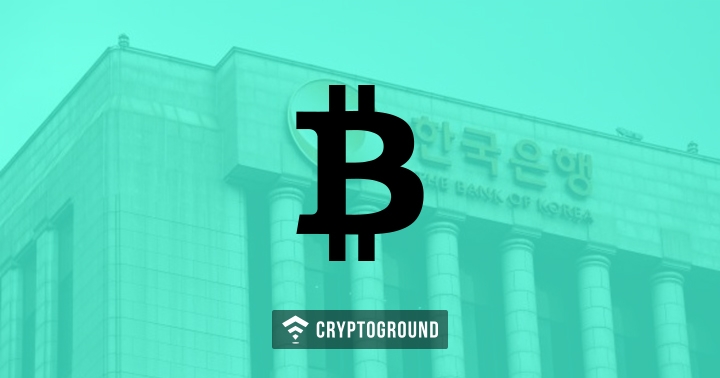South Korea's regulatory authority Financial Services Commission (FSC) has revised its guidelines for virtual currencies sector in order to prevent money laundering. The FSC conducted on-site inspections of three domestic banks - Nonghyup, Kookmin, and Hana Bank - the results of which prompted the update to Anti-Money Laundering (AML) and Know Your Customer (KYC) guidelines. The new regulations are stricter, which are expected to benefit the crypto community at large.
Cryptocurrency exchanges will now be required to conduct enhanced customer due diligence exercises. The exchanges typically have two types of separate bank accounts: one for collecting their customers’ money for cryptocurrency trading and the other for parking their operational expenses. Currently, only money-collecting accounts are subject to enhanced customer due diligence by financial institutions. In order to prevent cryptocurrency exchanges from using their non-trading accounts for collecting money or other illegal activities, the revised guidelines require financial companies to strengthen monitoring on such non-trading accounts and conduct enhanced due diligence if they find any sign of suspicious transactions.
The FSC also aims to curb the 'Kimchi Premium' practice. The Kimchi Premium is a difference in cryptocurrency prices on South Korean exchanges as compared to other foreign exchanges. This is often misused by traders, which can be prevented by spotting suspicious account activity and fund movements in and out of the exchange as well as crypto related bank accounts. If banks suspect a user or an organization of transferring large amounts of money for taking advantage of the Kimchi Premium, they can investigate the said case. The Korea Financial Intelligence Unit (KoFIU) has also been asked by the FSC to overlook the transactions and user activity with respect to crypto related accounts.
The revised guidelines come into effect July 10, 2018. These are expected to improve AML and KYC systems of the exchanges and also display the government's willingness to strengthen the crypto regulations, which could pave the way to legitimize the virtual currency sector. The stricter guidelines were much needed especially in the light of recent massive hacks of the exchanges - Bithumb hack and the Coinrail hack.
























